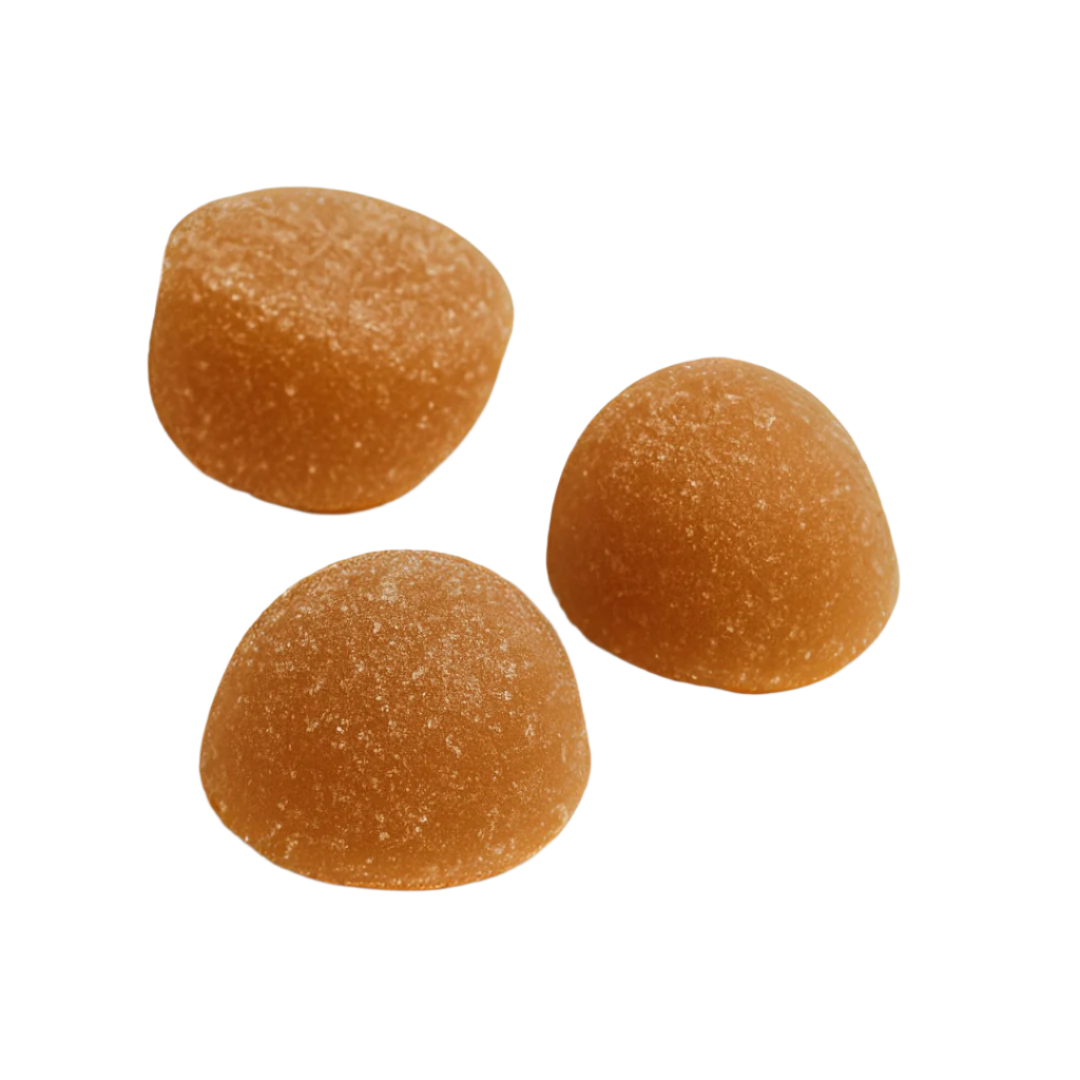These scientific advantages of getting up early

In the world of sleep research, people are often divided into two categories: early and late chronotypes. Early chronotypes are " early risers/larks ," or people who tend to go to bed early and wake up early. Late chronotypes are "night owls," or people who tend to go to bed late but have to wake up earlier than they would like due to personal, academic, or work commitments. 1
Due to social commitments (school and work), late chronotypes sleep fewer hours than necessary, accumulating sleep deficits on work days that they make up for on days off. This discrepancy in sleep patterns between work days and days off is known as "social jet lag." 2 Social jet lag has been linked to a number of health problems 3 , and while it is not exclusive to late chronotypes, studies suggest that it affects them more than others. 4
In 2018, the BBC reported on a study of around 433,000 people that found some alarming results, including that night owls have a 10% higher risk of dying prematurely than so-called morning larks. 5 The study's authors called this a public health problem and said more needs to be done to help night owls navigate a world of morning larks. 6
With that in mind, let's take a look at the scientific benefits of waking up early and some things night owls can do to adjust their sleep schedule and improve their sleep quality.
Getting up early and your mental health
The same study reported by the BBC found that night owls are 90% more likely to have mental disorders than morning larks. Other studies confirm this, pointing out that late chronotypes have a higher risk of anxiety, depression or drug use. 7
In addition, late chronotypes often try to compensate for their well-being by smoking and drinking alcohol. 8 Such actions and excessive consumption of both can lead to a variety of negative health consequences, including cancer and cardiovascular disease. 9
But what about people who go to bed early and wake up early? Well, they tend to have more time in the morning. And because they have more time - to exercise, eat a proper breakfast, get ready, commute - they avoid waking up and immediately feeling stressed. One study found that morning larks tend to have higher levels of positive mood and mental health, in both younger and older adults. 10
There is also evidence that people who get up early in the morning have a lower risk of depression and schizophrenia. 11
Early waking and physical health
In many ways, the physical benefits of getting up early are tied to time, as are the emotional benefits.
As mentioned above, early risers tend to have more time to get more done in the day. And that includes exercise. Exercise has a number of benefits, such as reducing stress and stimulating the production of endorphins, which improve mood and act as natural painkillers. 12 In contrast, one study found that night owls are more sedentary than morning owls and have a harder time sticking to an exercise routine. 13
And just as morning owls have more time to exercise, they also have more time to prepare and eat a healthy breakfast - if they want to. One study found that night owls often have poorer diet quality and lower physical performance. 14 They tend to consume more fast food and fewer vegetables. Such eating habits can contribute to obesity. 15
Related to the above, it is also found that morning larks are more alert in the morning. 17 They are more physically capable than night owls, who suffer from daytime sleepiness and are less able both cognitively and physically during typical work hours. 18 This is also a potentially life-threatening problem for night owls who drive to work, as they are less alert and more prone to errors at 8 a.m. 19
5 simple tips for getting up early
- Adjust your sleep schedule so that you still get 7 hours of sleep, and try to fall asleep and wake up 2 to 3 hours earlier than usual.
- Stick consistently to your new sleep routine, even on weekends.
- Go outside as much as possible in the morning and limit light exposure at night.
- Make sure you practice good sleep hygiene.
- Try B・SYNC ON , the dietary supplement proven to help you wake up with ease after 7 hours of sleep
The first three points may seem like obvious advice, but they have been shown to be effective in helping late chronotypes mitigate the negative effects of social jet lag and enjoy the benefits of waking up early. Researchers who observed a group of night owls found that after three weeks, participants experienced less stress and depression and improved their cognitive and physical performance. 20
Of course, to put the three points above into practice, we recommend that you focus on your sleep environment, your sleep routine and your sleep habits. We go into more detail about this in our posts on good sleep and waking up early .
Night owls who struggle to wake up in the morning may also benefit from B・SYNC ON , the world's first clinically tested dietary supplement designed to help you wake up easier. It contains only natural ingredients and features a patented sustained release technology that ensures you wake up refreshed and alert 7 hours later.
Sources
- https://journals.sagepub.com/doi/full/10.1177/2158244017728321
- https://pubmed.ncbi.nlm.nih.gov/16687322/
- https://www.frontiersin.org/articles/10.3389/fnins.2019.00950/full
- https://www.ncbi.nlm.nih.gov/pmc/articles/PMC6784249/
- https://www.tandfonline.com/doi/full/10.1080/07420528.2018.1454458
- https://www.tandfonline.com/doi/full/10.1080/07420528.2018.1454458
- https://pubmed.ncbi.nlm.nih.gov/22910327/
- https://pubmed.ncbi.nlm.nih.gov/20025436/
- https://www.ncbi.nlm.nih.gov/pmc/articles/PMC3377362
- https://www.ncbi.nlm.nih.gov/pmc/articles/PMC3399900/
- https://www.nature.com/articles/s41467-018-08259-7
- https://www.health.harvard.edu/staying-healthy/exercising-to-relax
- https://aasm.org/night-owls-may-be-more-sedentary-less-motivated-to-exercise/
- https://www.sciencedaily.com/releases/2016/06/160608174254.htm
- https://www.ncbi.nlm.nih.gov/pmc/articles/PMC6196377/
- https://www.tandfonline.com/doi/abs/10.3109/07420528.2012.741171?journalCode=icbi20
- https://www.ncbi.nlm.nih.gov/pmc/articles/PMC6200828/
- https://www.ncbi.nlm.nih.gov/pmc/articles/PMC6200828/
- https://pubmed.ncbi.nlm.nih.gov/24636873/
- https://www.medicalnewstoday.com/articles/325429#4-changes-to-boost-night-owls-performance







